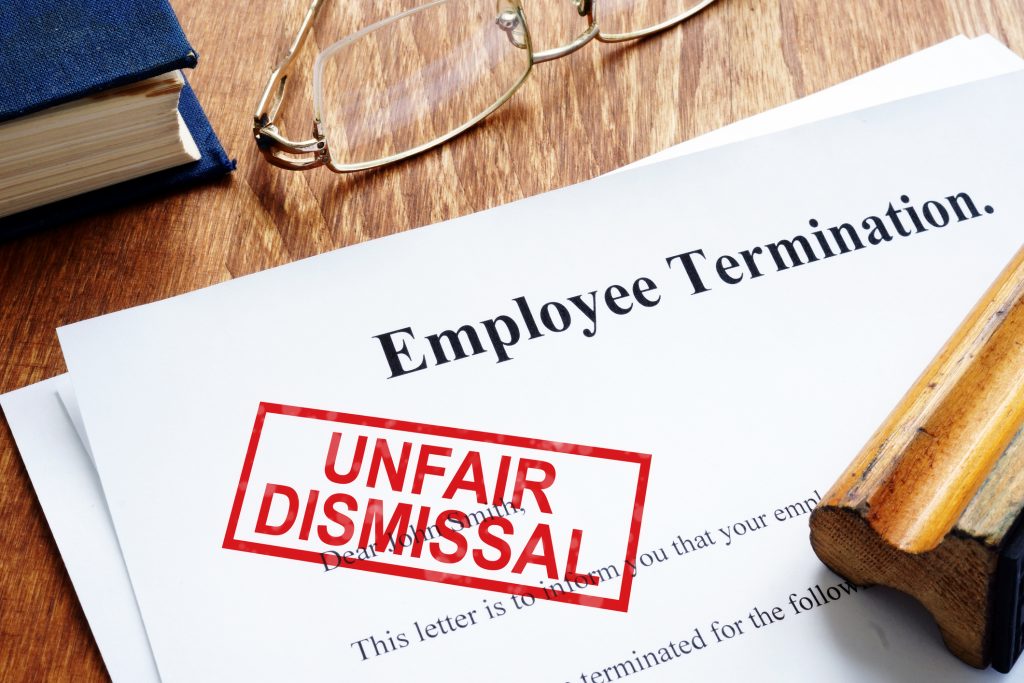Employment Law Articles
Welcome to our Employment Law Blog – your trusted source for expert insights, legal updates and practical advice on workplace rights and responsibilities.
-
Your Guide to Employment Law in the UK
Navigating employment law in the UK can feel overwhelming, especially with frequent changes in legislation. Whether you’re an employer seeking...
September 11th, 2025
-
Employment Rights Bill Implementation Roadmap
What Employers Need to Know About How the Employment Rights Bill will be Implemented The Government has released its highly...
September 10th, 2025
-
Understanding Disability Discrimination at Work
Disability discrimination at work occurs when an individual is treated unfairly due to a physical or mental impairment that has...
September 1st, 2025
-
Criticism of “messy work” was not disability discrimination
A London Employment Tribunal recently dismissed claims that constructive criticism about “messy work” constitutes harassment or disability discrimination. In the...
August 20th, 2025
-

NHS Mutually Agreed Resignation Schemes (MARS)
Mutually Agreed Resignation Schemes (MARS) are becoming increasingly common, especially in the public sector, as employers look for flexible ways...
August 6th, 2025
-

Equality watchdog guidance on single-sex facilities in the workplace
Following the UK Supreme Court's recent ruling on the definition of "man," "woman," and "sex" in the Equality Act 2010,...
July 16th, 2025
-

UK Court Rules on Definition of Sex in Equality Law
In a landmark ruling, the UK Supreme Court has addressed the complex interplay between the Equality Act 2010 (EA 2010)...
June 19th, 2025
-
Equality Act Update: Third-Party Harassment at Work
What is unlawful harassment under the Equality Act 2010? Harassment in relation to a protected characteristic is unlawful according to...
May 29th, 2025
-

Employment Tribunal Award Limits Increase in April 2025: What Employers Should Know
Each April, statutory limits on employment tribunal compensation are updated in line with inflation and economic changes. These increases can...
May 15th, 2025
-
Contributory Fault in Employment Dismissals: How It Impacts Compensation Awards
Dismissals can be a challenging issue for both employers and employees. One aspect that often arises in Employment Tribunal (ET)...
April 17th, 2025
-
Teenager Wins £29,187 for Victimisation Claim Against Employer
Waves in the media, with headlines like “Teenager sacked for wearing trainers wins £30,000,” sparked public interest. While Ms. Benassi...
April 3rd, 2025
-
Irretrievable breakdown in the employment relationship
An irretrievable breakdown in the employment relationship refers to a situation where the trust and confidence between the employer and...
March 13th, 2025















